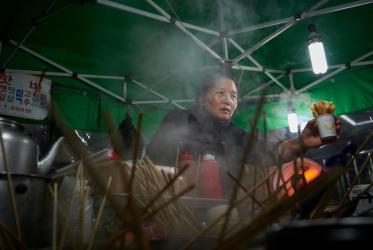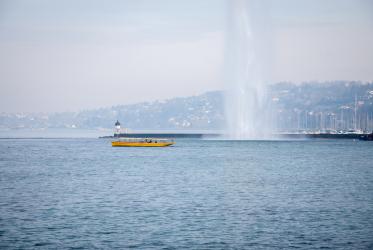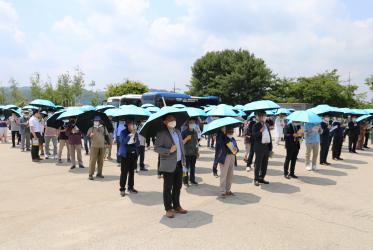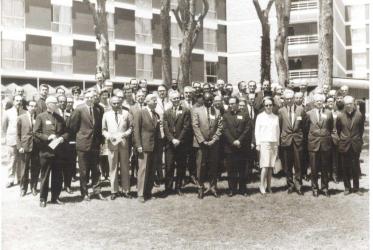Displaying 21 - 40 of 153
How racism and colonialism are exacerbating impacts of climate change
29 September 2021
WCC well-represented in Religions for Peace leadership
07 October 2019
Dr Saïd Ailabouni: God is on the side of rejected, oppressed, occupied
12 September 2019










